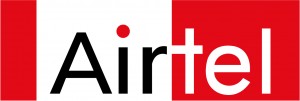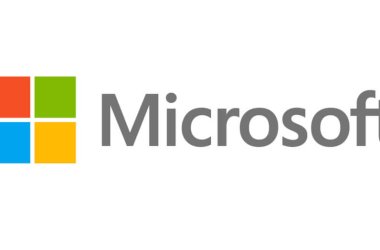 Airtel will invest US$615 million in its Democratic Republic of Congo (DR Congo) operation over the next three years, according to a company official.
Airtel will invest US$615 million in its Democratic Republic of Congo (DR Congo) operation over the next three years, according to a company official.
The New Delhi-based telco has an African operations hub in Nairobi, Kenya, and has already invested more than $1 billion in network infrastructure in DR Congo. The country is the second biggest nation in Africa by area, with a population of 71 million people.
The announcement of new investment capital going into the DR Congo operation was made by the Airtel DR Congo Managing Director, Antoine Pamboro.
During a tour of the telco’s operations in and around Kinshasa, the capital, DR Congo Telecom and ICT MInister Tryphon Kin-Kiey Mulumba said that the government will soon open up licensing for 3G networks and complete work on an fiber-optic landing station, according to a press release.
Airtel is the biggest mobile operator in the country, competing with Vodacom Congo, Millicom (Tigo) and Congo Chine Telecom (CCT), in which OCPT, the state telco, holds a 49 percent stake. Airtel has also expressed willingness to take up a 25 percent participation of the company and manage the optical fiber network in the country.
Following a 30-year dictatorship between 1967 and 1997, the DR Congo (formerly Zaire) went through two wars and is still seeing violent conflicts in the eastern part of the country. As a result of political instability, the national telecom system is one of the least developed in the region. Rural areas, where almost 70 percent of the population lives, are virtually devoid of telephone or Internet service.
The national operator, OCPT, theoretically has a monopoly on the sector under 1970 legislation but has been unable to provide a modern telecom network and has been unsuccessful in finding major investors for privatisation. Recognising the need for telecommunications infrastructure, the government is only loosely regulating the sector. Mobile networks have taken over as the providers of basic telecom services.
Some 16 private operators were granted mobile telephony licences and the subscriber base has been growing at triple-digit rates per year. However, the proliferation of networks has also caused interference and compatibility problems, and there is limited available spectrum due to poor spectrum management.
As a result, the mobile sector has consolidated and now has four major players including Airtel.
Development of the Internet market has been held back by the poorly developed national and international infrastructure. Mobile operators are beginning to play a significant role in this sector as well, following the launch of mobile data services. However, no 3G mobile system has yet been launched apart from a CDMA-EVDO system in Kinshasa, which means that services offering true broadband speed are currently only available through relatively small wireless networks using other technologies, mainly WiMAX.
With support from China, OCPT is now finally rolling out a fiber-optic national backbone that will ultimately also provide access to fiber-optic submarine cables for low-cost, high-quality international bandwidth.





